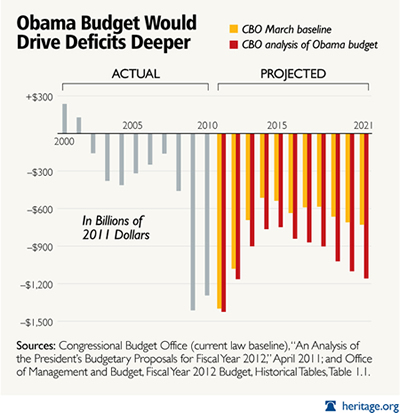GM Ramps Up Risky Subprime Auto Loans To Drive Sales
...The automaker is relying increasingly on subprime loans, 10-Q financial reports shows.
Potential borrowers of car loans are rated on FICO scores that range from 300 to 850. Anything under 660 is generally deemed subprime.
Subprime Key Driver
GM Financial auto loans to customers with FICO scores below 660 rose from 87% of total loans in Q4 2010 to 93% in Q1 2012.
The worse the FICO score, the bigger the increase. From Q4 2010 to Q1 2012, GM Financial loans to customers with the worst FICO scores — below 540 — shot up 79% to more than $2.3 billion. The second worst category, 540-599, rose 28% from about $3.4 billion to $4.3 billion....
Prime loans, those above 660, dropped 42% to $676 million.
General Motors Is Headed For Bankruptcy -- Again
...Right now, the federal government owns 500,000,000 shares of GM, or about 26% of the company. It would need to get about $53.00/share for these to break even on the bailout, but the stock closed at only $20.21/share on Tuesday. This left the government holding $10.1 billion worth of stock, and sitting on an unrealized loss of $16.4 billion.
Right now, the government’s GM stock is worth about 39% less than it was on November 17, 2010, when the company went public at $33.00/share. However, during the intervening time, the Dow Jones Industrial Average has risen by almost 20%, so GM shares have lost 49% of their value relative to the Dow....
...However, additional insight can be obtained by looking at how GM’s CEO, Dan Akerson (63), stacks up against Professor Doctor Martin Winterkorn (65), the man handpicked by Ferdinand Piech in 2007 to be his replacement as CEO of Volkswagen AG.
Akerson has an engineering degree, but he also has a Master’s Degree in Economics, and his first big job was as CFO of MCI. Akerson was CEO of General Instrument, and then of Nextel, and then of XO Communications, which went bankrupt in June 2002. He joined the private equity firm, the Carlyle Group, in 2003.
Akerson got his first job in the automobile industry when he was named CEO of GM in late 2010. Recently, he has been hiring and firing top GM executives at an alarming pace, and he is understood to be working on a major reorganization of the company. Akerson recently gave a televised speech to GM employees on the need for “integrity”....

